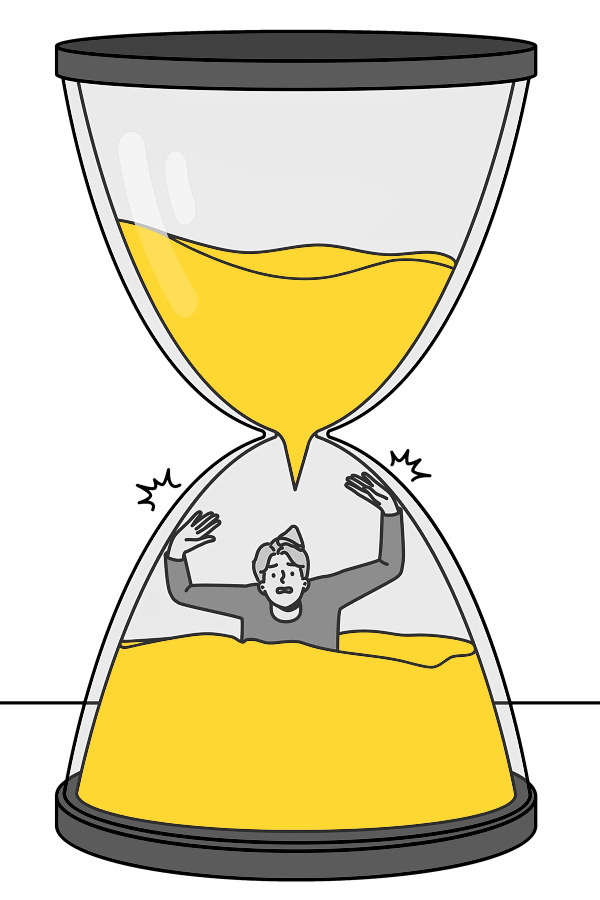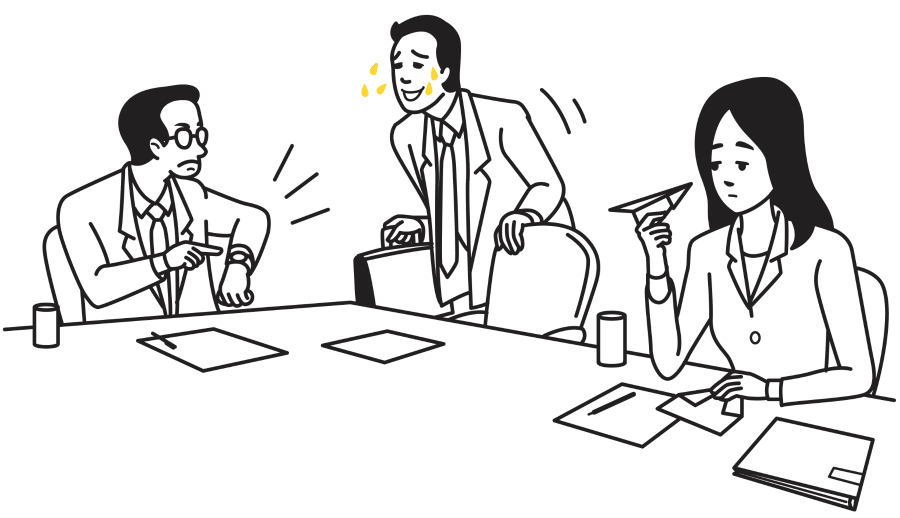
Being known among friends and coworkers as the guy who’s always late isn’t exactly the reputation one should strive for. It makes you look, at best, absent-minded and, at worst, just plain rude. Running late is an irritating kind of stress for everyone involved. It forces you (the late one) to panic and demands grace from those people waiting on youâ€â€no one is buying those lies about being â€Å�almost there†when you’re still 15 minutes away. Or worse, haven’t even actually left your place yet.
Let’s be honest: It’s a bad look. Being â€Å�the late one†can trash your rep as a responsible, competent leader or employee and make you seem like an uncaring friend or partner. Experts say that people who are perpetually running late genuinely have higher stress levels. They tend to have trouble keeping jobs and the tardiness harms their personal relationships. Ellen DeGeneres had a bit in one of her stand-up specials: â€Å�People who are constantly late always have the worst excuses. ‘Oh, I’m sorry I’m late … traffic.’†Then came the punchline: â€Å�Traffic, huh? How do you think I got here … helicoptered in?†Being on time is a sign of respect. It shows that you value the other person’s time enough to plan ahead to ensure you arrive when you say you will.
Productivity consultant and author of The Order Expert’s Guide to Time Management, Rashelle Isip, says that punctuality is all about prioritization. She calls it both a skill and a practiceâ€â€one that can only improve by evolving your habits. The first thing that she and other time-management experts suggest is understanding why you’re constantly running late. Julie Morgenstern, author of Time Management from the Inside Out, says that if you can figure out why you’re always late, you can actively work to fix the problem. She’s found that when someone is always late by the exact same amount of time, like five minutes, that actually is an indication that this is a psychological barrier. But if you’re late by different amounts of time, you likely have a technical problem. For example, you’re simply bad at estimating how long things take or how far someplace is from you.
Another big reason why people show up late is that they’re easily distracted. Morgenstern refers to it as â€Å�just one more thing syndrome.†You’re almost ready to leave and then you get a push notification on your phone or notice a small task that could be done. Resist the urge to squeeze things in right before you leave and stay focused. She mentions that once you’re out the door, then you can do whatever you like on the way. Respond to a text or pick the podcast you’re going to listen to. The key is to not get sidetracked, so you might even want to resist the urge to pull out your phone while you’re getting ready to leave. Any and all distractions should be left untouched 15 minutes prior to leaving.

As you begin rehabbing your relationship, you might have to set reminders to leave. That’s okay. It’s not forever, just to help retrain your sense of timing. Work out how much time you need and when you’ll need to leave (making sure to pad in some time for traffic or other slight delays). The reminder will break your concentration and give you enough time to wrap up what you’re doing. And they’re not difficult to set. Most calendar apps have options where you can turn on a reminder option that will give you a heads up on when you should leave (taking in the time of day and current traffic conditions).
Think of it as giving yourself a deadline and then note how it feels to show up on time or a little early. Are you relieved and proud? Or maybe a little anxious and uncomfortable? Feel it out and adjust accordingly. You don’t have to be early but you’ll never regret being a man of his word who arrives on time.
Read the original article here


